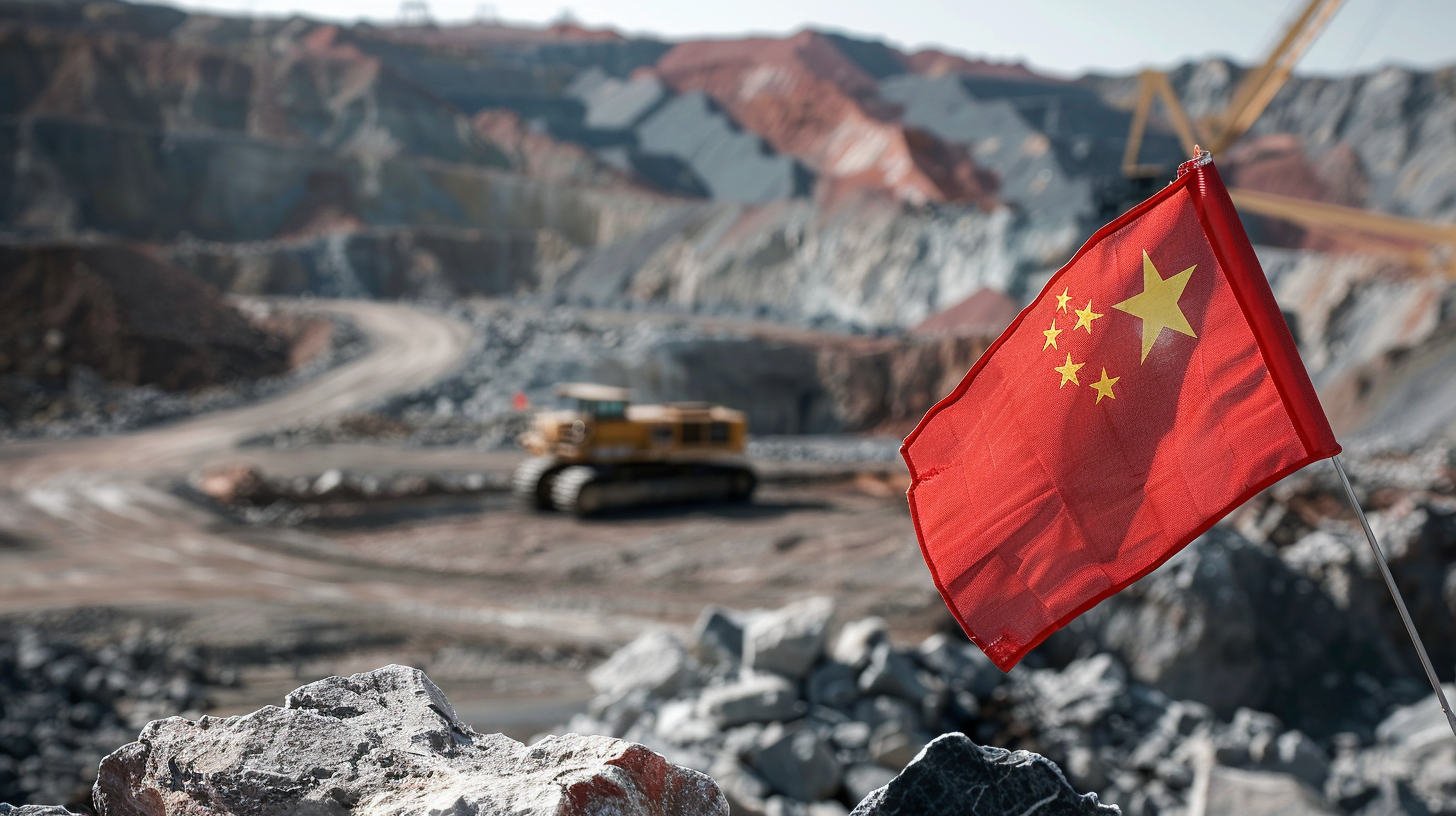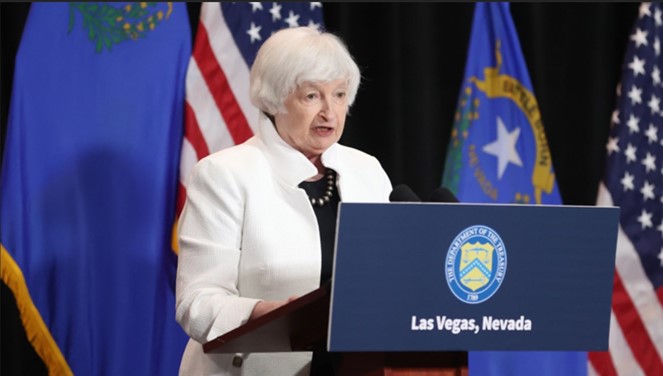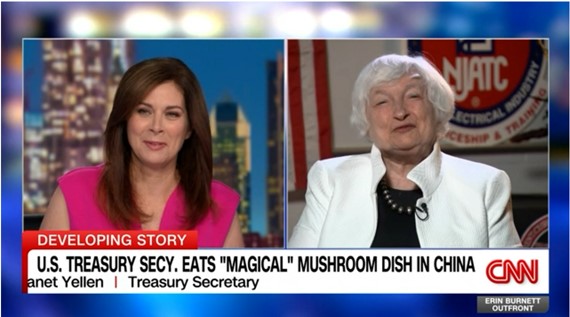President Trump is preparing to roll out a new round of tariffs on semiconductor imports, signaling a sharp escalation in the United States’ trade strategy. The upcoming duties could reach levels as high as 300%, representing a major shift in the administration’s approach to key technology sectors. These tariffs are expected to be announced over the next couple of weeks and will likely have wide-ranging implications for the semiconductor industry and the broader economy.
This move continues a broader trend of imposing trade barriers across multiple sectors. Pharmaceutical imports are also expected to face similar duties in the near future, marking a significant expansion of tariffs beyond metals, machinery, and consumer goods. Economists anticipate that as these duties take hold, their effects will become more visible in economic indicators such as inflation and producer costs.
Early signs of tariff impact are already appearing in economic data. The wholesale price index showed a sharp rise in July, the fastest in roughly three years, suggesting that costs are increasingly being passed through to businesses. While the broader consumer inflation data has not yet reflected the full impact of previous tariffs, analysts expect that upcoming reports will more clearly show the consequences of higher import duties.
Despite concerns over inflation and trade disruptions, U.S. stock markets have so far remained resilient. Major indexes reached record highs recently, reflecting investor confidence and adaptation to the ongoing tariff environment. Revenue generated from existing tariffs has been substantial, though a portion of this revenue is indirectly borne by consumers through higher prices. The effect on corporate margins and consumer purchasing power is expected to intensify if new semiconductor and pharmaceutical duties are implemented at the highest proposed rates.
On the international front, trade negotiations continue to play a key role. An extension of the tariff truce with China has delayed further talks until November, temporarily easing tensions between the two largest economies. Current U.S. tariffs on Chinese imports average over 50%, creating a backdrop for the upcoming discussions with Canada, Mexico, and other trade partners. Reciprocal tariffs imposed on a range of countries earlier this month signal that Washington is aiming for a broader realignment of trade terms across multiple fronts.
Legal challenges to the tariffs remain unresolved. Multiple cases are currently pending in U.S. federal courts, including one high-profile appeal that could determine the legality of the administration’s tariff authority. A court ruling in either direction could significantly influence the trajectory of trade policy and investor sentiment.
As the U.S. government prepares to expand tariffs on semiconductors and pharmaceuticals, businesses and consumers alike are watching closely. The scale of the proposed duties represents one of the most aggressive trade actions in recent years, with potential ripple effects on global supply chains, technology production, and pricing. Economists, market analysts, and policymakers will be monitoring upcoming economic reports and legal developments to gauge how these tariffs will reshape the U.S. economy.




